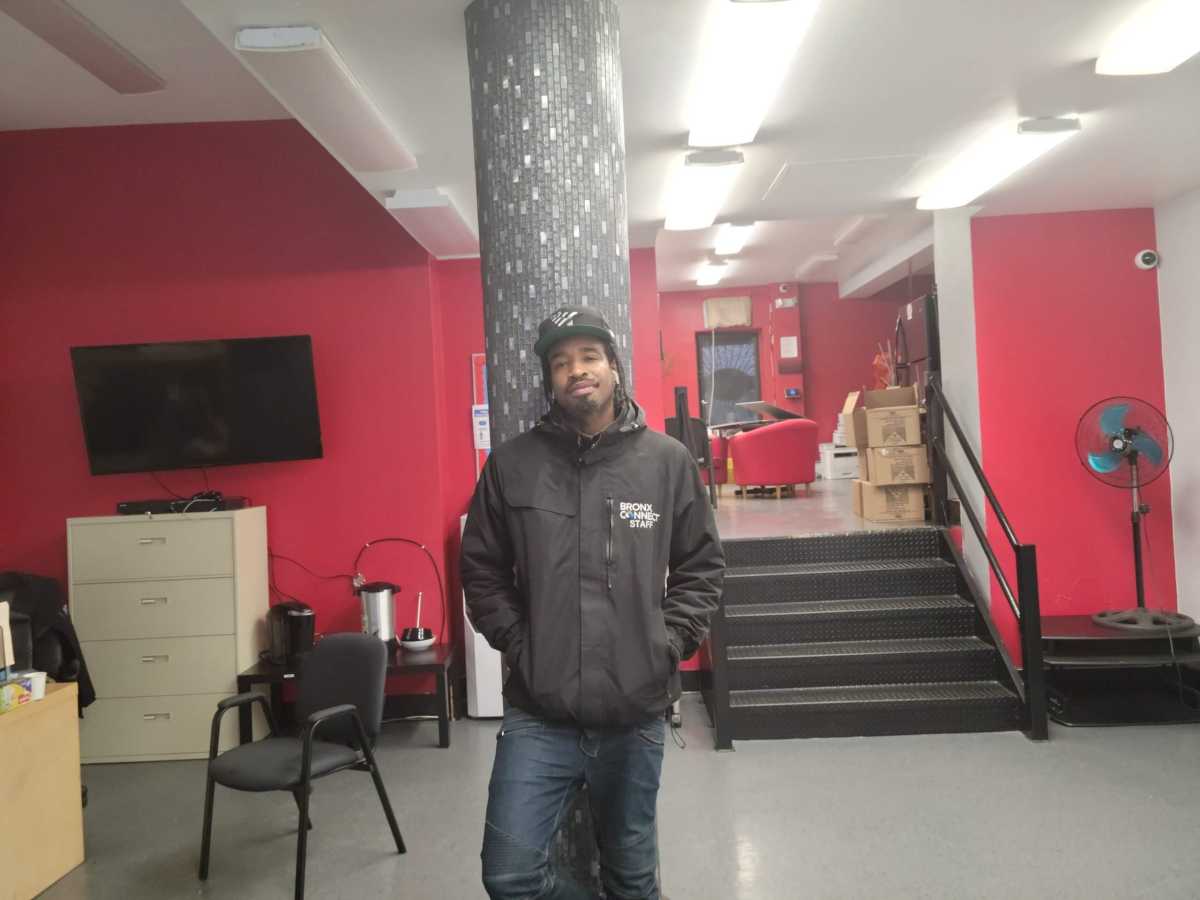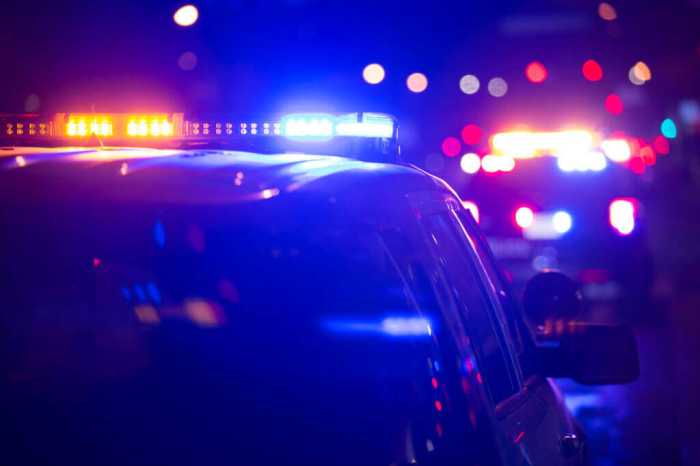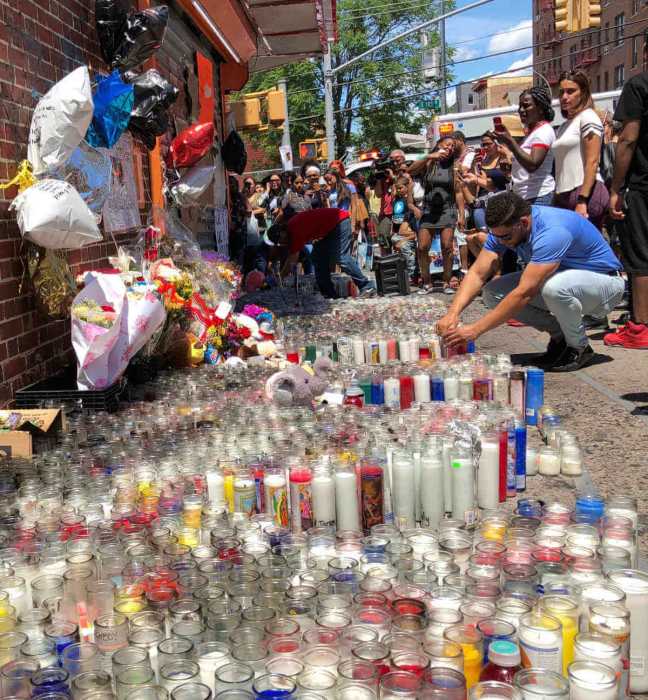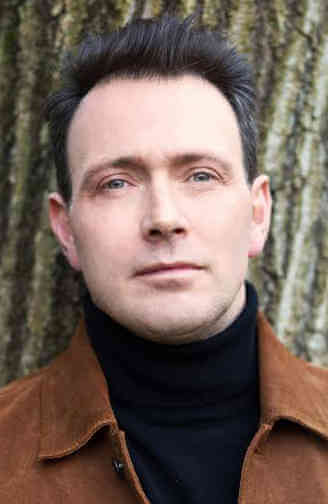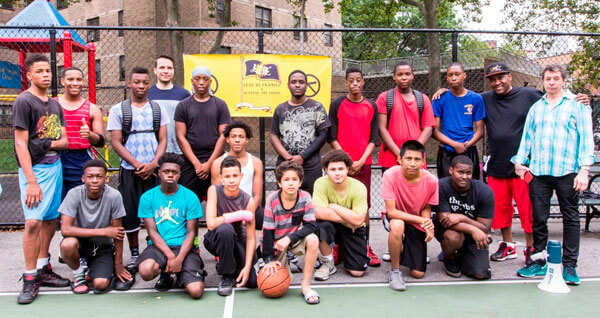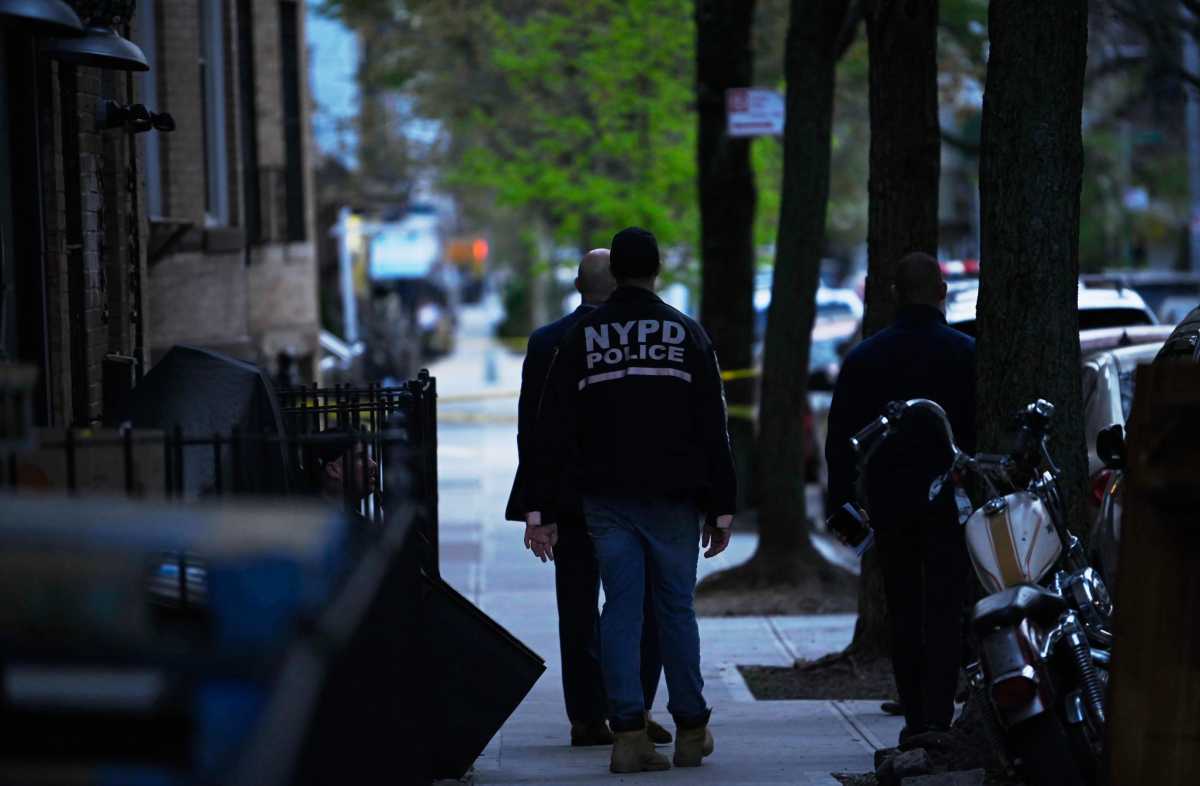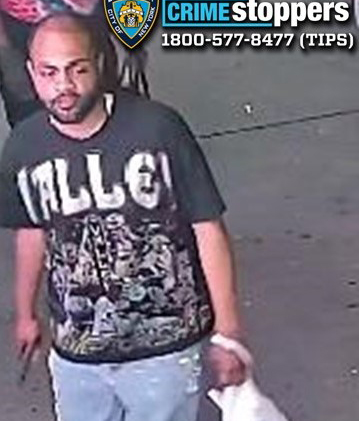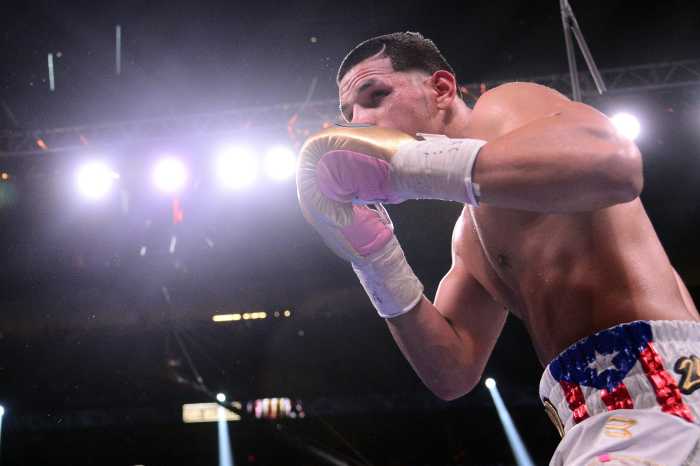Kraig Lewis grew up in the rough area of Gun Hill, made it out of the Bronx and was prepared to go law school until everything changed in 2016.
It was then at age 24 where he was part of the largest gang bust in city history. In total, the feds arrested 120 people.
Lewis was not a criminal, yet that day law enforcement turned his world upside down. He spent 22 months awaiting trial on trumped up charges and eventually his case was tossed.
“We weren’t 120 gang members,” he told the Bronx Times. “It was a community raid, not a gang raid. If I had blue eyes and blonde hair they would have said don’t touch that kid.”
Lewis, 29, was raised in the Eastchester Gardens section of Gun Hill. His parents Sheryl and Al split up when he was 5 and he lived in Florida with his dad for a few years.
Relocating to the Sunshine State was like a breath of fresh air, he recalled.
He returned in fourth grade and with his mom working long hours as a nurse, Lewis became quite independent. As a child he signed himself up for football and got to practice on his own.
“From a young age whatever I wanted to do I was going to go out there and do it,” he explained.
According to Lewis, getting a good education and feeling safe was imperative. So, he left the community and went to middle and high school at Mt. St. Michael Academy in the Wakefield section of the Bronx.
He played multiple sports there and did well in the classroom. Lewis said the school may have kept him alive.
Often, he would come home late after a basketball game and a barber shop would be shot up. His friends were injured, killed or in jail.
“If I wasn’t in that school I would have been dead,” he explained.
He graduated and went to the University of Bridgeport in Connecticut for criminal justice and had dreams of being a lawyer.
Lewis loved college. He hosted parties, began his rap career, launched a clothing line and did well in school. In fact, he was one of his only friends to leave the borough.
“It literally opened my mind to who I became today,” he stated.
With a passion for education, he stayed at Bridgeport and decided to obtain his master’s in business. Things were going well; he had a girlfriend, a son, an apartment and was well known in the community.
But one day he was in the process of planning an anti-violence event when suddenly the police banged on his door.
Completely caught off guard, Lewis had no clue why they were there and hoped he would be back the next day for his finals.
Boy was he wrong.
“It was the worst thing you could ever imagine,” he stressed. “One hundred cops, boom, boom, I’m screaming at them I’m educated, I didn’t do anything wrong. I’m not a felon. I didn’t commit any crimes.”
When he saw the warrant he was shaken. It claimed he was involved in racketeering, guns, selling drugs and more. That could be the furthest from the truth.
Lewis was transported to federal lockup in downtown Manhattan and it was there where he realized what was going on. He began to see all of his old friends behind bars.
Essentially the feds brought a Racketeer Influenced and Corrupt Organizations (RICO) case on all of the alleged members of the YG gang and claimed Lewis was part of it.
“I’m like how the f@ck could this happen,” he said. “They charge you with all these charges to make you look like a menace to society.”
The authorities alleged Lewis shot people and sold pounds of marijuana, both of which were false. After paying lawyers thousands of dollars, Lewis eventually agreed to a plea deal of five years even though he was innocent.
However, this was not and open and shut case. He spent 22 months in prison as he awaited trial.
Those first four months inside were depressing and the toughest of his life.
“I shouldn’t have went to jail,” he said.
After spending nearly two years locked up, his case was thrown out by prosecutors that had replaced the previous ones from the Obama Administration.
Lewis was finally released in 2018 and granted two years probation. But the scars of what the justice system did will never go away.
He began speaking at schools about his experience and a year later, joined the nonprofit violence prevention group Release the Grip (RTG). According to Lewis, it is his goal to help children know there are other ways to succeed besides using a gun or doing illegal things.
As the community coordinator at RTG, he meets with families and hopes to make a difference. Lewis said at first it was difficult to tell his story, but now he does it as often as possible.
“I see those kids and I see my friends,” he explained. “My dream is job is to work for a record label.”

